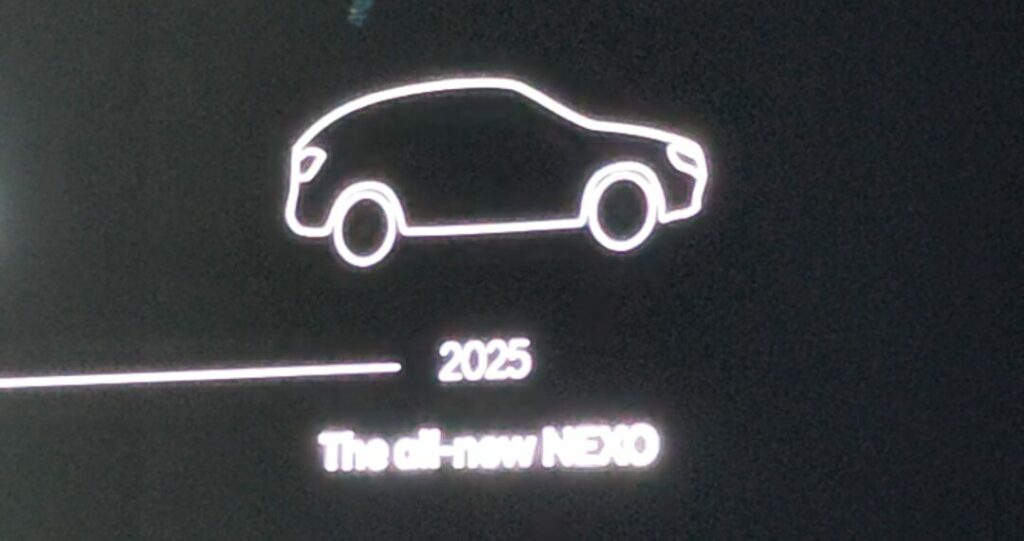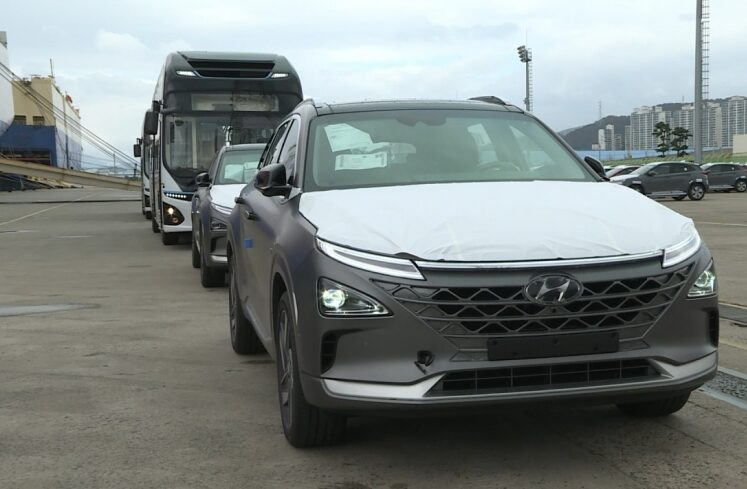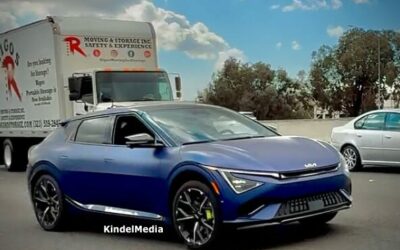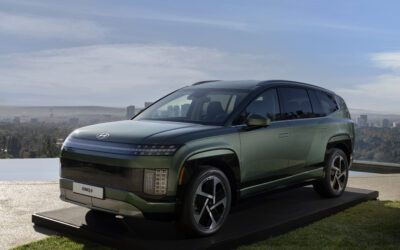The global hydrogen vehicle market has experienced a significant downturn in 2023, marking a more than 30 percent decline in sales compared to the previous year. Specifically the world witnessed a 30.2 percent year-on-year decrease in hydrogen vehicle registrations, with a total of 14,451 units registered from January to December. This downturn is notable as it represents the first slowdown in hydrogen vehicle sales since 2020, according to data from SNE Research.
Hyundai Motor’s Sales Slump
Hyundai Motor, which previously led the global hydrogen vehicle sales rankings, experienced a dramatic 55.9 percent drop in sales in 2023, selling only 5,012 units of the NEXO and Elec City Bus. This significant decline from 11,354 units in the previous year contributed largely to the overall market downturn. Despite that, Hyundai already announced that it will launch a new NEXO model in 2025.
China Commercial Takes the Lead
Contrasting Hyundai’s performance, China Commercial saw a slight increase of 2.4 percent in its hydrogen vehicle sales, selling 5,362 units in 2023. This growth has positioned China Commercial as the new leader in the global hydrogen vehicle market, capturing a 37.1 percent market share.

Hyundai Announced a new NEXO during 2024 Consumer Electronics Show at Las Vegas early 2024
Toyota’s Market Share Increase
Toyota of Japan also increased its market share to 26.6 percent by selling 3,839 units in 2023, marking a 3.9 percent rise from the previous year. This growth underscores the shifting dynamics within the global hydrogen vehicle market.
Regional Sales Performance
The sales performance of hydrogen vehicles varied significantly by country:
- China: Led the sales with 5,600 units, reflecting a 2.8 percent increase.
- Korea: Experienced a sharp 55.2 percent decline, with 4,631 units sold.
- The United States: Saw an increase of 10.5 percent, with 2,992 units sold.
- Europe and Japan: Faced significant sales drops of 39.5 percent and 49.9 percent, respectively.
Challenges Facing the Hydrogen Vehicle Market
The decline in hydrogen vehicle attractiveness can be attributed to several factors, including the rising cost of refueling, accidents caused by defective hydrogen, and a lack of hydrogen refueling infrastructure. These challenges have notably impacted the market’s growth prospects.
China’s Proactive Approach
In contrast, the Chinese government’s active efforts to expand hydrogen vehicle diffusion and infrastructure development through its Mid- to Long-term Development Plan for the Hydrogen Energy Industry (2021-2035) highlight a national commitment to accelerating the commercialization of hydrogen energy.
Conclusion
The global hydrogen vehicle market’s decline in 2023 reflects a complex interplay of market dynamics, regional performances, and industry challenges. While certain regions like China show promising growth, the overall industry faces significant hurdles that must be addressed to ensure the long-term viability and attractiveness of hydrogen vehicles as a sustainable transportation option.






